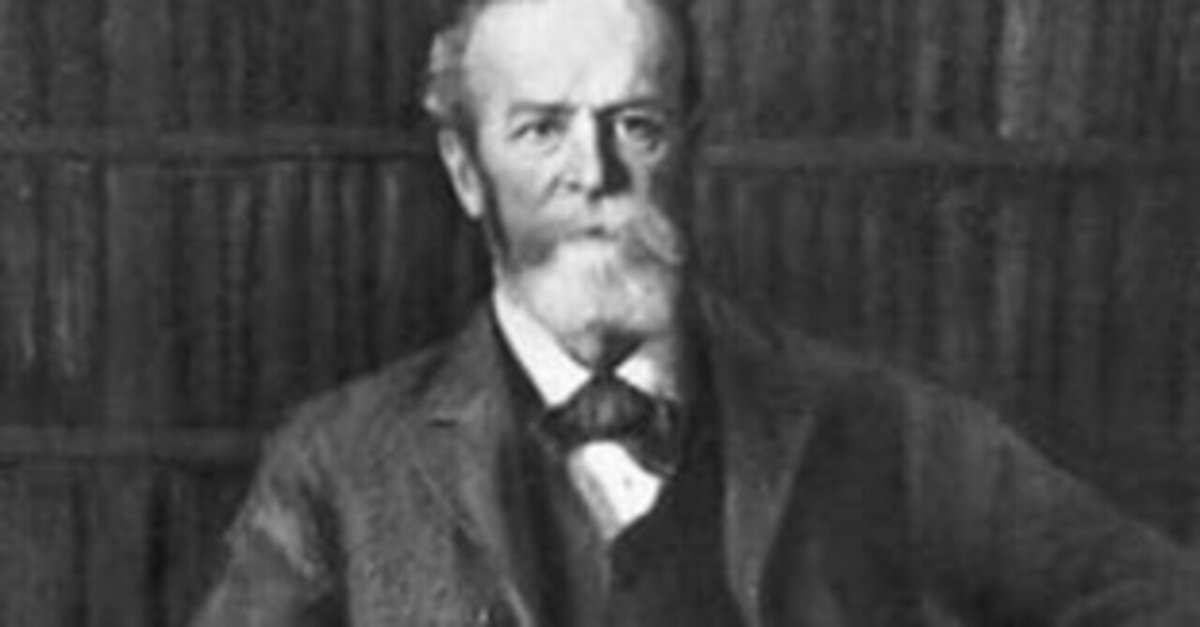
Pragmatism in America ---Philosophical Tips for Better Understanding America(2)
Front Cover Picture: William James
Continued from (1)
How to assess the adequacy of a theory
The assessment of whether a theory is correct is not based on comparing it with pre-collected data but rather on scrutinizing the practical outcomes afterward.[iv] Dewey, James, and others go further to assert that "theory is a tool for dealing with reality." They emphasize that the effectiveness of a theory lies in its problem-solving capacity. It should not merely provide temporary emotional or subjective comfort but must be reliable enough to confront significant difficulties repeatedly over time and remove them.
What classical pragmatists such as Peirce, James, Dewey, and neo-pragmatists like Rorty and Davidson have in common is their critique of (1) rationalism(Noam Chomsky), often referred to as Descartes' Cartesianism, [v]and (2) epistemology advocated by British empiricists like Locke, Hume, and Berkeley. As is well-known, these two opposing philosophies have divided the Western philosophical arena since the 17th century.
Cartesianism, from its dualistic perspective of mind-body separation, regards beliefs stemming from lower-level perceptions and sensations, such as bodily experiences, as subjective and dismisses them. Instead, it pursues only transcendent, objective, and universal truths belonging to the higher realm of the mind. Hence, Cartesianism rejects subjective beliefs as false, while pragmatism argues that beliefs are the rules guiding our practices and actions. Beliefs are considered working hypotheses generated in our judgment processes and are crucial elements in constructing knowledge. In essence, if the truth of a theory is judged by its practical outcomes, and beliefs influence both practice and judgment processes, then dismissing beliefs, as Cartesian rationalism does, becomes an unrealistic approach.
Additionally, while Locke and other British empiricists share the idea of perceiving things through sensations and perceptions, pragmatists sharply diverge from Locke's empiricism regarding the process of turning perceptions and sensations into knowledge. Locke argued that the information we perceive is automatically accepted and becomes knowledge. In contrast, Peirce, James, Dewey, and others argued that individuals actively select and reject perceptions to form knowledge. Karl Popper, who discussed scientific methodology and problem-solving, mocked Locke's perspective as the "bucket theory" of knowledge. Locke believed that the human mind is a “blank slate (tabla rasa) ” at birth, and individuals come to know the world through experiences perceived by the senses. However, Popper criticized this as the "bucket theory," asserting that the mind is not merely a receptacle for information but an active agent in knowledge acquisition.[vi]
Adopting the position of fallibilism
To elaborate further, pragmatism adopts the position of fallibilism, asserting that "knowledge is fallible." Therefore, knowledge obtained through experience cannot directly become knowledge that works in reality. Hence, pragmatism, as suggested by Dewey's book Logic: The Theory of Inquiry (1938), assigns considerable importance to inquiry. Dewey criticized Locke's perspective, which equated knowing with simply accepting perceptual information, calling it the "spectator theory of knowledge." In pragmatism, knowledge is not a passive process but rather the culmination of an active process called inquiry, or in other words, the fruition of a problem-solving process that leads from doubt to belief. To effectively conduct inquiry, pragmatism emphasizes the importance of experimentation, which involves manipulating and changing reality. Perceived phenomena do not automatically become knowledge; instead, they undergo processing through active inquiry to form knowledge. Knowing is an active act, and therefore, we assert that we are agents, not mere recipients. Dewey referred to this as the "experimental theory of knowledge," distinguishing it from Locke's "spectator theory of knowledge."
Continued in (3)
[iv] This reminds us of Marshall McLuhan’s remark “the medium is the active pragmatists such as Rorty, Putnam, and Davidson from the early pragmatists. message” by which he emphasized the effect, not the content, of a medium (any human creation).
[v] Descartes' "Cogito, ergo sum" refers to the pursuit of the mental truth he proposed (cogito = I think).
[vi] Karl Popper’s All Life is Problem Solving (1999), p.72: "I have refuted classical empiricism - the bucket theory of the mind that we obtain knowledge just by opening our eyes and letting the sense-given or god-given ‘data’ stream into a brain that will digest them."
サポートいただけるととても嬉しいです。幼稚園児から社会人まで英語が好きになるよう相談を受けています。いただいたサポートはその為に使わせていただきます。
